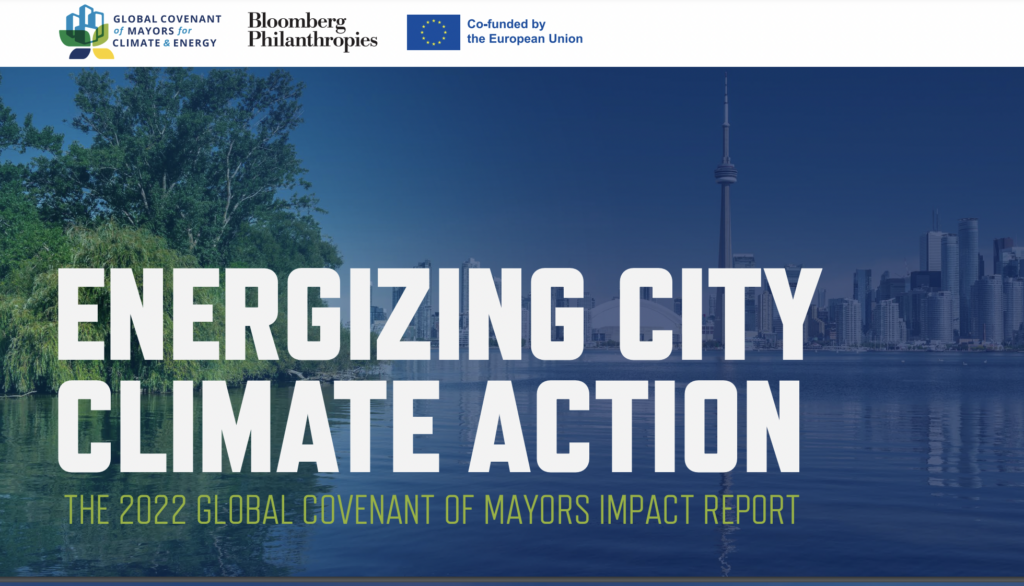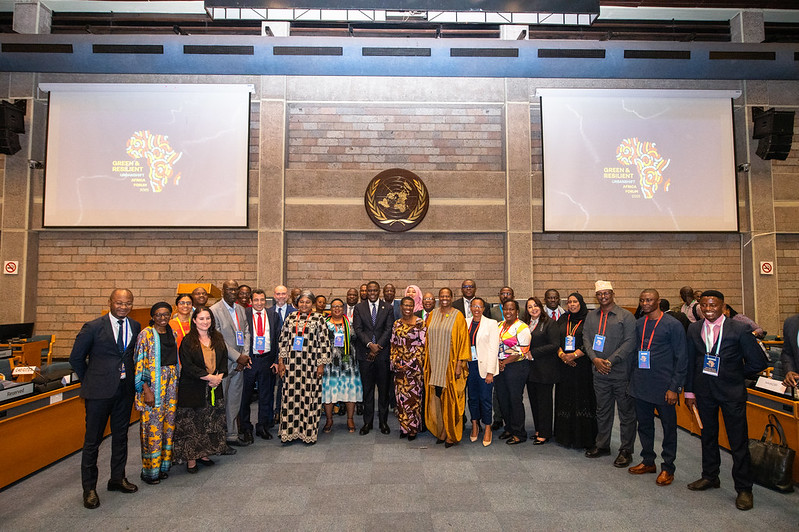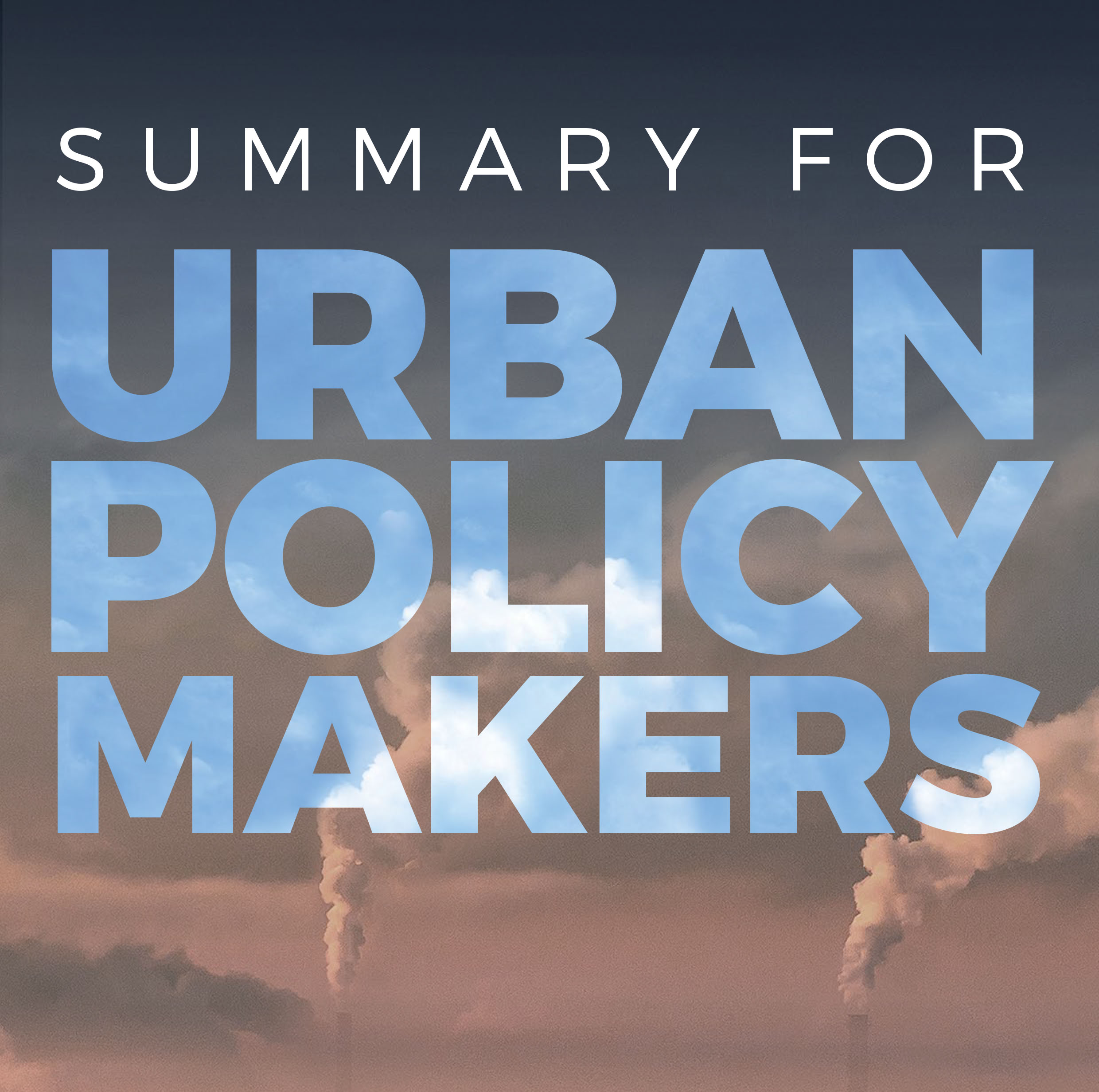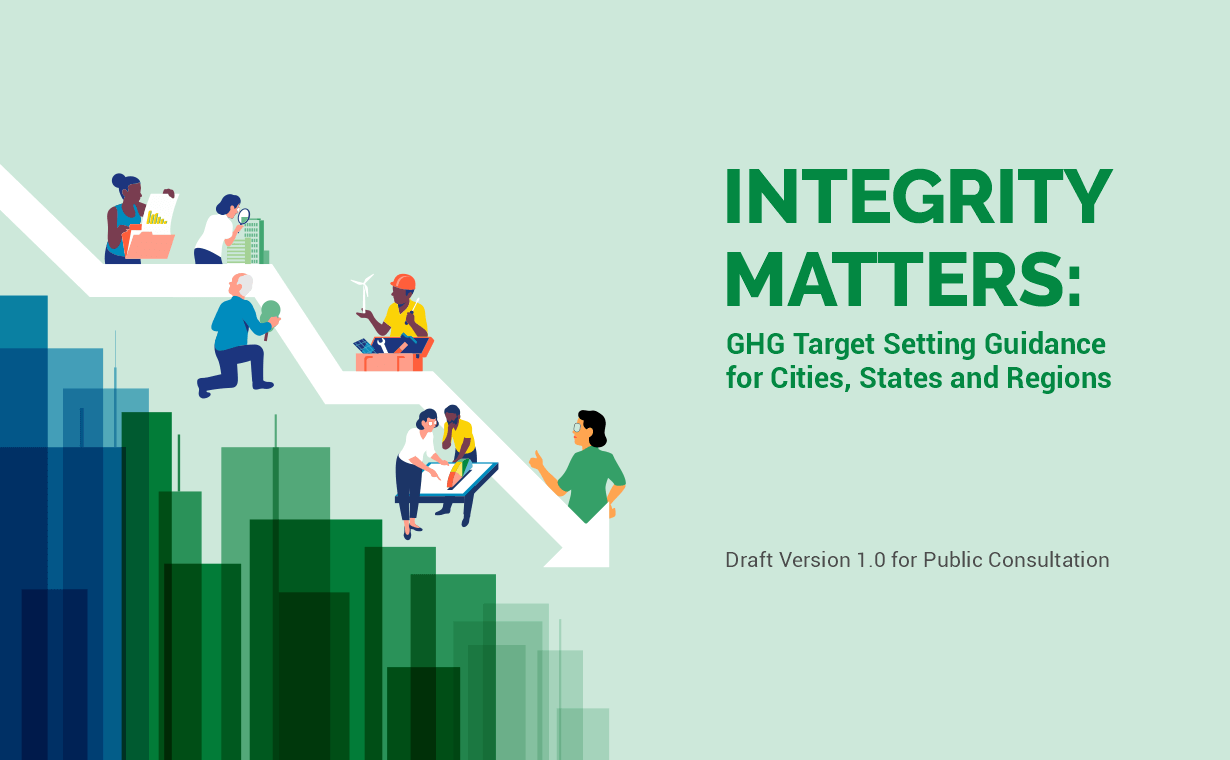Energizing City Climate Action: GCoM 2022 Impact Report Launched at COP27

On the 17th of November 2022, at the 27th Conference of the Parties (COP27) to the UN Framework Convention on Climate Change (UNFCCC), the Global Covenant of Mayors for Climate & Energy (GCoM) released its 2022 Impact (Aggregation) Report entitled Energizing City Climate Action.
The GCoM flagship report highlights the climate leadership of over 12,500 cities and local governments across 144 countries – representing more than one billion people.
What is the GCoM Impact Report?
Every year, the Global Covenant of Mayors for Climate and Energy showcases the commitments that GCoM signatories are making to reduce emissions and build resilience to future climate change, and the ambitious actions being taken across sectors.
GCoM’s annual Impact Report sheds light on the collective influence of its signatories at the frontlines of the fight against climate change, and calls for a significant boost in urban climate finance flows to realize the full potential of city climate action.
What is new in this year’s Impact Report?
In 2022, the GCoM cities and local governments – like the rest of the world – have experienced multiple simultaneous crises relating to escalating inflation, unemployment, disruption to food and other resource supplies, the continuing impact of COVID—19 and more. This report particularly focuses on how the GCoM cities are responding to the interlinked crises of dramatic spikes in energy prices combined with ever more extreme weather events.
With climate mitigation targets that are projected to reduce global emissions by 4.1 GtCO2e in 2050, equivalent to 80 per cent of USA’s yearly GtCO2 emissions, GCoM cities are demonstrating that they are already taking action. Additionally this year, cities have reported hundreds of thousands of practical actions to improve energy efficiency, invest in renewable energy generation, address energy access, and adapt to the impacts of climate change.
Specific data reported by the cities highlight the unprecedented growing awareness of the risks and vulnerabilities posed by climate change. There is an increase of 67 percent of cities that completed a risk and vulnerability assessment.
More than 800 cities from the GCoM alliance – representing 340 million people – report that they are facing high-risk climate impact. 42 percent of the cities reporting hazards indicate energy as a vulnerable sector. Global energy infrastructure underpins the majority of the critical infrastructure that supports urban life, including transport networks, ICT services, water and wastewater distribution, healthcare and emergency services. When energy supplies are compromised, the resilience of a city can be dangerously undermined. The report also details the five high-risk hazards affecting the energy sector by region.
The current global energy crisis has the potential to be a catalyst for transformational change. Drawing on the findings, this report calls for cities, national governments, civil society and the private sector to come together to accelerate bold and ambitious climate action by sharing best-practice, harnessing co-benefits, increasing collaboration and funding energy retrofit.
A strong movement for transformative change
GCoM brings like-minded city and local government leaders together, building an ever-stronger movement for transformative change: the report concludes by highlighting the forthcoming Energy Access and Poverty pillar and associated badge which will be launched by the GCoM in January 2023, alongside an extensive programme of work to help cities develop and strengthen their climate ambition and energize city climate action.
For more information, please visit the Impact 2022 page and download this year’s GCoM Impact Report: Energizing City Climate Action.
+++
About the Global Covenant of Mayors for Climate & Energy (GCoM)
The Global Covenant of Mayors for Climate & Energy (GCoM) is the largest global alliance for city climate leadership, uniting a global coalition of over 12,500 cities and local governments and 100+ supporting partners. The cities and partners of GCoM share a long-term vision of supporting voluntary action to combat climate change and towards a resilient and low-emission society. GCoM serves cities and local governments by mobilizing and supporting ambitious, measurable, planned climate and energy action in their communities by working with city/regional networks, national governments, and other partners to achieve our vision. Led today by UN Special Envoy on Climate Ambition and Solutions Michael R. Bloomberg and European Commission Executive Vice President Frans Timmermans, the coalition comprises cities across six continents and 144 countries, representing over one billion people or more than 13% of the global population.
To learn more about GCoM, please visit our website, or follow us on Twitter, Instagram, Facebook, and LinkedIn.


